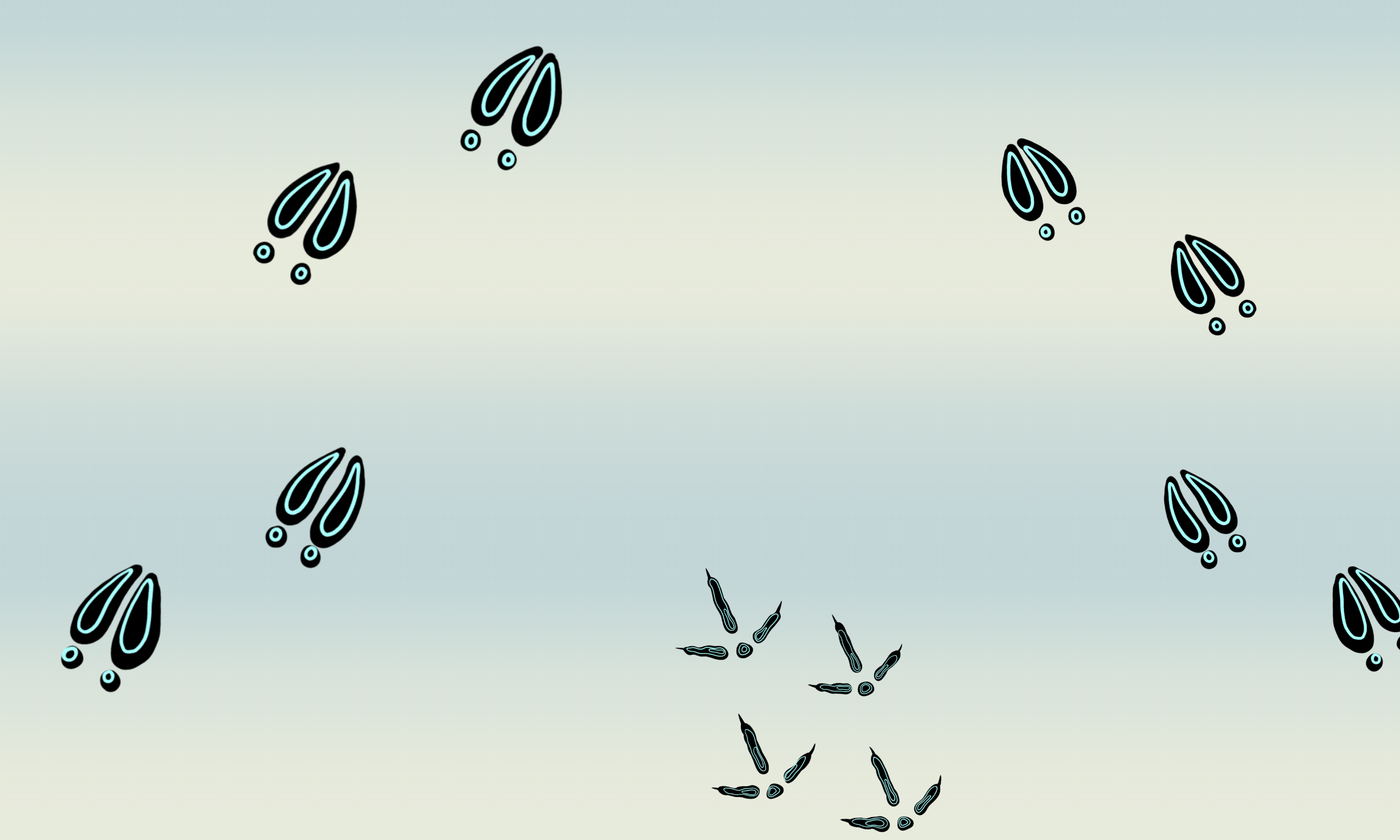
Indigenous Contact Tracing (CT) Development and Implementation
Relationships form the heart of Indigenous communities. When Seventh Generation Midwives of Toronto , “Na-Me-Res” and Well Living House (WLH) came together to develop a COVID19 assessment centre for Indigenous people in Toronto, we wanted to incorporate both Indigenous led Contact Tracing and outreach support alongside COVID testing as components of Auduzhe. We knew that using our relationships would allow us to both connect with and support the Indigenous community. We wanted to ensure that Indigenous community members had all the support (e.g., food, access to Elders) and knowledge they needed to get them safely through testing and quarantine as this was not being done through mainstream health organizations. This is the basis of our approach to our Indigenous Contact Tracing program: Using our relationships to ensure that Indigenous community members are fully supported as they navigate COVID in order to reduce illness.

Indigenous Contact Tracing (CT) Development and Implementation
Community Development
With community partners SGMT and “Na-Me-Res”, Well Living House approached Partners in Health (PIH), an international non-profit organization that has supported community contact tracing in communities around the world e.g., Ebola contact tracing in West Africa. Dr. Selig from PIH put us in contact with Navajo Nation who kindly provided training and access to all their training materials. A CT training committee was struck that developed the training course. An overview of the training was then given to the whole We Count COVID19 team as well as our partner at Toronto Public Health. Some changes based on their input were completed and the team began training the new staff. After we had piloted the CT tracing scripts with a few individuals that had been diagnosed with COVID, we did a final edit of the script which is the script we are currently using.
An Indigenous lens was used throughout the development of the Contact Tracing component.
For example, we used a trauma informed care approach to ensure that Indigenous community members felt safe. Some community members mentioned that COVID and all of the restrictions (e.g., quarantining) reminded them of being in residential schools where they had constantly been told what to do. Quarantining may also trigger individuals who have been in jail. In training, we highlighted how colonialism (e.g., residential school experiences, discrimination in healthcare settings, child protection etc.) can make Indigenous people wary of mainstream public health messages and recommendations. We provided training on Motivational Interviewing to increase rapport and to give Indigenous community members more control of their decisions i.e., autonomy. Another component that was incorporated was case scenarios that were relevant to the Toronto Indigenous community but also, gave the staff the opportunity to practice complex scenarios. The following is an example of a case scenario that was used in training: John is a 37-year-old who identifies as male. He is currently living in a shelter but has close ties to his community. John has been going to stay with his Mom on Six Nations approximately two weekends a month. The last time he went to Six Nations was one and a half weeks ago. John came into contact with an individual who was diagnosed with COVID 5 days ago. Currently, John reports that he has had a headache and a new cough for one day. He has diabetes. John wants to go home to Six Nations tomorrow because he wants to be with family while he is sick.
Indigenous Content
Here are some examples from our contact tracing script that we use on the phone that have been adapted to fit our Indigenous community:
“Part of my job as an Indigenous Outreach worker for Auduzhe is to make sure you have everything you need to isolate in a good way. So, I have you some questions to try an anticipate your needs and get you thinking about what resources you already have available. I am asking this because we can help meet some of these needs. This information will not be shared as it is confidential, I will get your permission to before making any referral.
This long period of social distancing and not going out as much has also made some home situations more tense and difficult to navigate relationships, which can be especially hard if violence is involved. If you feel unsafe or need to leave your home to manage that, by yourself or with children, I can help you do that and all you need to say is “Yes, that would be a good idea.”
Indigenous Contact Tracing Training Components
The complete Indigenous Contact Tracing Training Components was done online. It includes the following components
Overview of OHC Toronto e.g., rates of comorbidities, housing, poverty rates
COVID and CT overview- ASTHO online training course (6-8 hours long)
Auduzhe site training e.g., Infection Prevention and Control procedures (IPAC)
Staff roles and reporting pathways
Research training e.g., REB training requirements like TCPS2
Contact Tracing components, script practice, and practice case scenarios
Resources support for Outreach Workers e.g., where to get food for isolation period
Trauma informed care & Motivational Interviewing
Self-care for staff
Ontario Ministry of Health COVID Guidelines e.g., what constitutes a high risk COVID exposure
Continued training e.g., more in-depth Motivational Interviewing training

For more information on the We Count COVID19 Contact Tracing Program please email auduzhe@nameres.org